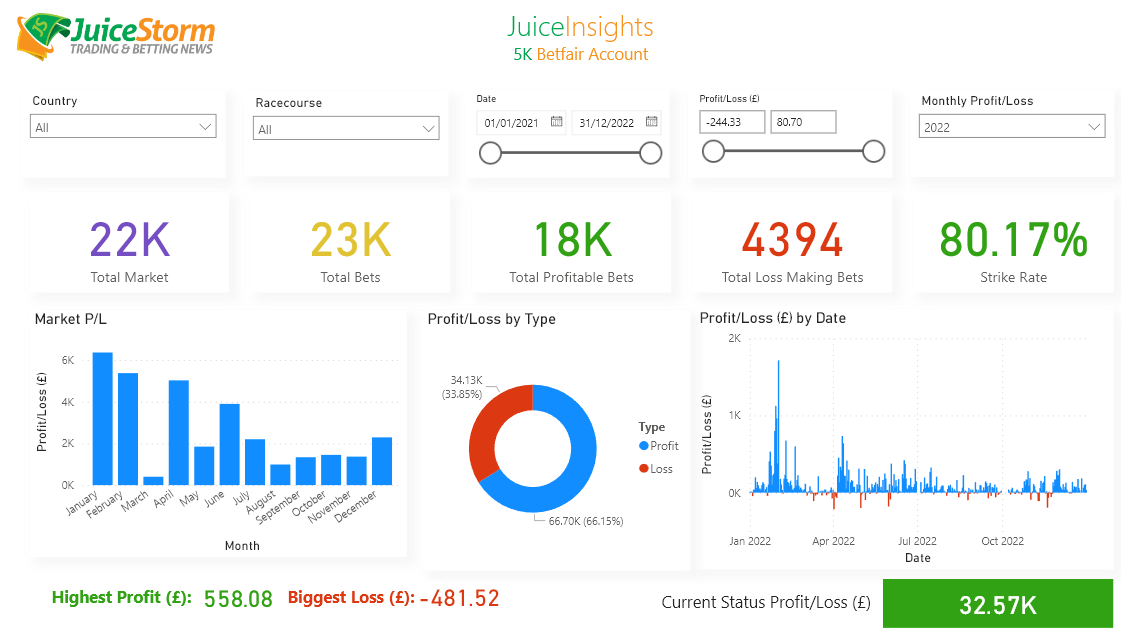Ripple Vs. SEC: 3 Scenarios What Could Be Next
- Trump’s Former CFTC Chair Considered For White House ‘Crypto Czar’ Position - November 23, 2024
- Strong Rally Ahead for Dogecoin (DOGE) Price, But Do Not Expect Anything Like 2021– Here’s Why - November 17, 2024
- Crypto Analyst Who Called Dogecoin Price Surge Above $0.4 Says This Meme Coin Will Follow DOGE - November 12, 2024
The legal battle between Ripple and the U.S. Securities and Exchange Commission (SEC) has been a focal point for the crypto community, and the recent developments have only intensified the spotlight. The SEC’s request for an interlocutory appeal has stirred a whirlwind of analysis, with legal experts weighing in on the potential outcomes and their broader implications. Drawing from the insights of the lawyers James “MetaLawMan” Murphy, Bryan Jacoutot and Bill Morgan, let’s dissect the possible scenarios that could play out.
Scenario 1: Ripple Opposes the Interlocutory Appeal
MetaLawMan’s analysis suggests that Ripple’s first option is to oppose the motion to certify the appeal. The foundation of this stance is Ripple’s unwavering confidence in the correctness of Judge Torres’ decision. By opposing the appeal, Ripple would be signaling its belief that the decision aligns perfectly with the company’s legal stance, especially secondary market sales of XRP.
Murphy lays out three reasons why this could be the most likely scenario: First, Ripple does not want to agree with the premise that there is “substantial grounds for difference of opinion” on Judge Torres’ ruling which is part of the legal standard for certifying an interlocutory appeal.
Moreover, there’s a possibility, albeit slim, that a crypto law could be enacted by Congress. Such legislation might redefine the original institutional sales of XRP, characterizing them as non-securities transactions. This redefinition would hinge on the fact that institutional buyers didn’t receive equity or legal rights to participate in Ripple’s profits in exchange for their money.
Third, there might be a change in administration: Looking ahead to 2025, a new administration could bring a fresh perspective to the SEC’s approach to crypto enforcement actions. This could manifest as either an immediate dismissal of the case or a settlement on terms favorable to Ripple, according to Murphy.
Scenario 2: Ripple Agrees to the Interlocutory Appeal
MetaLawMan also raises the possibility of Ripple agreeing with the SEC that an interlocutory appeal could be appropriate. Such a move would be rooted in the acknowledgment of the inevitability of appeals in this case. The pivotal question then becomes one of timing: will the appeals process be initiated immediately, or will it be deferred until after the trial of Brad Garlinghouse and Chris Larsen?
Scenario 2A: Ripple Seeks A Cross-Appeal
Adding a layer of complexity, Ripple could opt for a cross-appeal on the institutional sales claim while agreeing to the interlocutory appeal. The strategic logic here, as outlined by MetaLawMan, is that if the 2nd Circuit were to reverse the SEC’s win on this claim, it would eliminate the need for a trial on aiding and abetting the institutional sales.
Lawyer Bill Morgan also zeroes in on a pivotal aspect of Judge Torres’ decision concerning sales to On-Demand Liquidity (ODL) customers. He underscores the magnitude of this decision, noting that all Ripple sales post-June 2020 were to ODL customers, amounting to a staggering $3 billion post-complaint. Given the financial implications and the SEC’s intent to target this sum, Morgan firmly believes that Ripple must consider appealing this part of Judge Torres’ decision.
Scenario 3: One Step Further
Bryan Jacoutot, partner at Election Law Group, draws attention to the Terraform Labs case, which could significantly influence Judge Torres’ decision. Jacoutot points out that the SEC’s citation of the Terraform case is particularly noteworthy. In this case, the judge “rejected” part of Judge Torres’ analysis, specifically her distinction between institutional sales and “programmatic sales.” This rejection is not just a minor disagreement; it challenges the very foundation of Judge Torres’ ruling in the Ripple case.
Given this intra-district dispute between the XRP decision and the Terraform decision, Jacoutot believes that the current case is a prime candidate for an interlocutory appeal. If Judge Torres accedes to the SEC’s request, it would set the stage for the 2nd Circuit Court of Appeals to weigh in on this pivotal matter.
Furthermore, Jacoutot emphasizes the potential streamlining of the appellate process if the interlocutory appeal is granted. This would mean a more expedited and definitive ruling on whether Torres’ novel “blind bid/ask” Howey theory stands up to scrutiny.
At press time, the XRP price remained in its sideways trend, trading at $0.6344.





